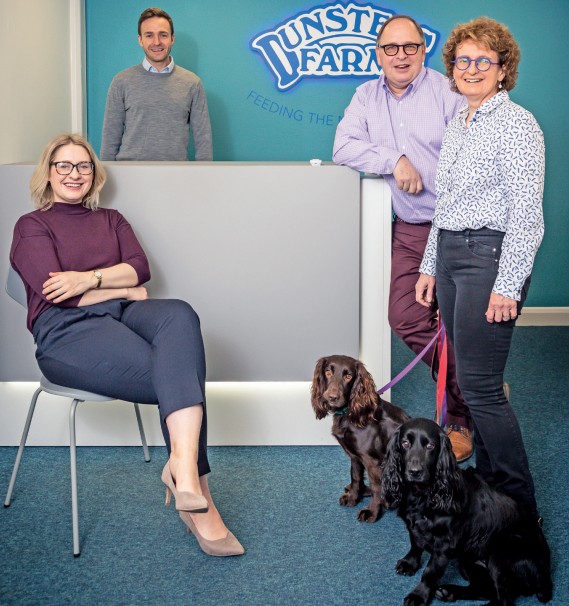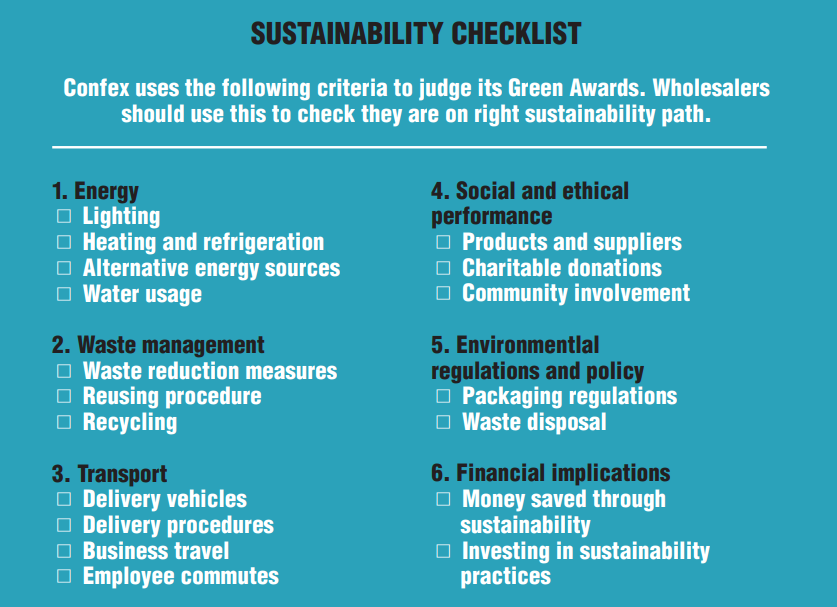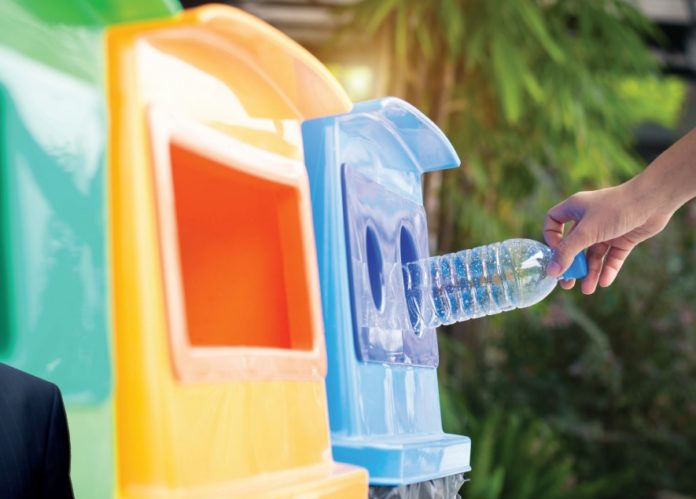How does the wholesale channel approach sustainability – and what needs to be done to improve its long-term credentials?
Sustainability may have taken a back seat over lockdown, with certain wholesalers placing it far down on their list of priorities. However, with business slowly returning to relative normality, it has again become a hot topic and one that should have an influence in the key decisions made across operations.
The time devoted to being sustainable varies hugely within the channel. While some companies choose to do the bare minimum, there are others that are fiercely committed to it.
Confex is one of the latter, with the buying group becoming the first in the industry to run Green Awards, in which it rewards its wholesale members for their sustainable practices.
“This is now in its eighth year,” explained its marketing and HR director, Jess Douglas. “It is judged by an eco-industry expert, and it is amazing how much our members have embraced this award and their eco credentials in the past eight years.
“From warehouse logistics and energy-saving techniques to sharing recycling facilities on trading estates, there is a plethora of ways in which wholesalers can not only become more eco-friendly businesses, but also save money along the way,” she added.
Dunsters was the recent recipient of the Green Wholesaler of the Year award, and its managing director, Hannah Barlow, offered examples of how she runs a sustainable operation.
“We are conducting a review of our procurement policy to ensure we are working with responsible, like-minded companies,” Barlow (pictured below, far left) explained, adding that the business has also introduced environment and sustainability as an agenda item on all meetings, as well as creating a quarterly ‘Thinking Forward’ committee with representatives from all areas of the business, with the remit of looking at ways of further improving its commitment to the environment.
 “We have already made great improvements to our environmental footprint introducing LED lighting, electric vehicles, new recycling and waste management initiatives, and have plans in place for further changes to enable us to continue operating responsibly and to protect the environment we operate in,” she concluded.
“We have already made great improvements to our environmental footprint introducing LED lighting, electric vehicles, new recycling and waste management initiatives, and have plans in place for further changes to enable us to continue operating responsibly and to protect the environment we operate in,” she concluded.
North West Teas is another environmentally-conscious wholesaler, according to its business development manager, Ryan Torrible. “From installing solar panels on the roof to frequently updating the fleet of vans to lower carbon emissions, sustainability has always been high on the priority list. The aim is to have the entire fleet of vans electric in the next five years. There are also incentives for managers to get electric cars. There is also a recycling initiative in place for all the excess packaging received with orders,” he said.
Meanwhile, a recent cross-sector industry report commissioned by the independent sustainability consultancy Gaia showed that Swedish wholesaler Menigo cut its waste by 27% and its carbon footprint by 302,000kg last year after implementing a forecasting and replenishment solution.
Closer to home, Brakes made the announcement year that it has removed 96% of what it deems hard-to-recycle plastics out of its supply chain, following a 2018 commitment to eliminate all non-recyclable hard black plastic from its own-brand products.
The remaining 4% is now made up of SKUs of smaller items such as screw tops, with the foodservice wholesaler claiming to be on target to meet its 2ZERO20 commitment.
Elsewhere in the commitments, Brakes pledged to continually reduce other unnecessary packaging for its customers, while working with experts to identify other problematic areas.
As a response to this, it has set up a packaging forum to share best practice and discuss potential alternatives, and was the first delivered wholesaler to join the UK Plastics Pact.
Arguably, though, the flag bearer for sustainability within the industry is Cotswold Fayre – currently the only B Corps wholesaler in the UK.
“As a B Corp, whose certification assesses companies on how good they are for the world, we are led by the B Corp extensive assessment, which is broken down into Governance, Workers, Community and Environment,” explained its chief executive, Paul Hargreaves (pictured below).
“Clearly, we are trying to maximise on all of these areas, but have made particular progress on the environmental side over the past two years, by being led by the challenges set within the assessment and inspired by the good practice of other B Corps.”
He went on to explain that its main initiative over the past year has been to go carbon neutral.
“We have done this by reducing the carbon in our distribution to customers by 46% and offsetting the remaining 54%.
“We continue to reduce carbon completely and head towards zero, which we will make good progress on over the next few years as electric lorries become more viable for national businesses.”
Cotswold Fayre also goes one step further and insists that its suppliers follow its path of sustainability. Hargreaves says: “However, we know that transformation doesn’t happen overnight. As long as suppliers are aligned with us and heading towards more sustainability in packaging, product manufacture and logistics, we will gently continue to apply pressure for change.”
While Cotswold Fayre might be a rarity within the channel, the signs are there that the tide is turning and its practices and operations will become the norm across all wholesale operations.










Sustainable wholesale practices are not just a trend; they’re an essential aspect of responsible business today.